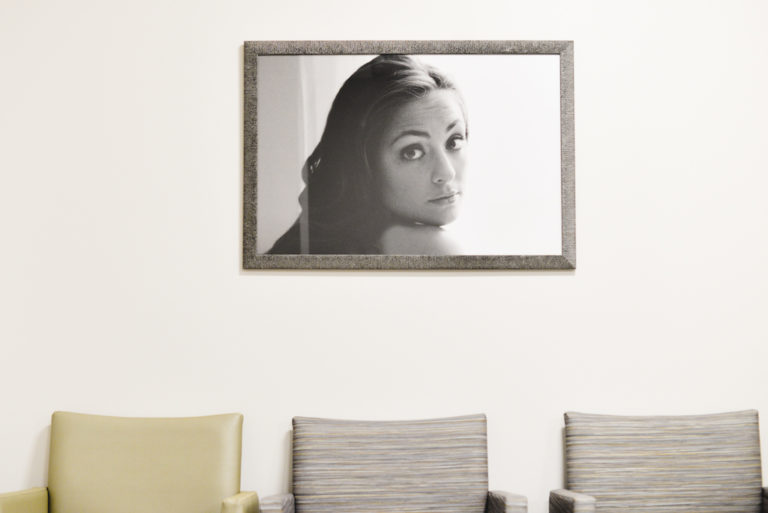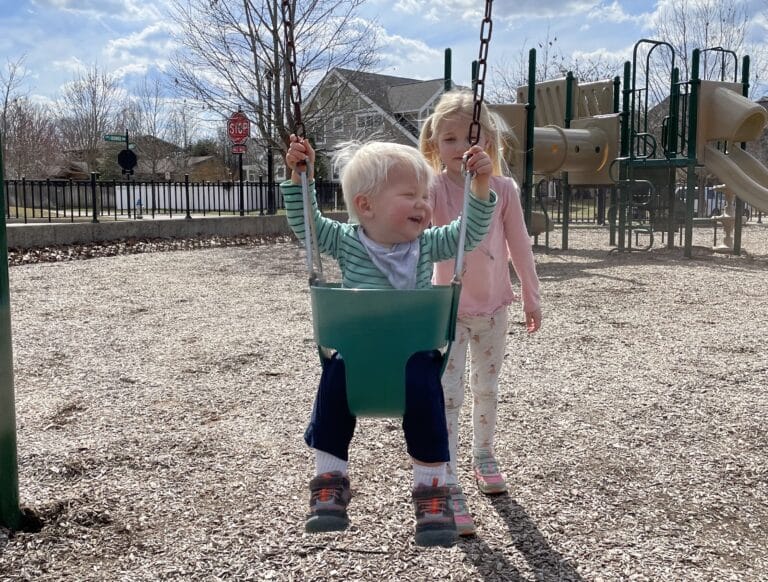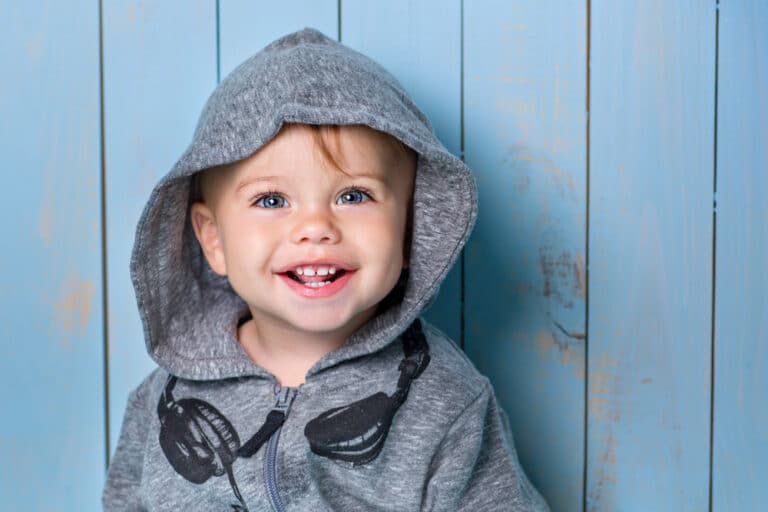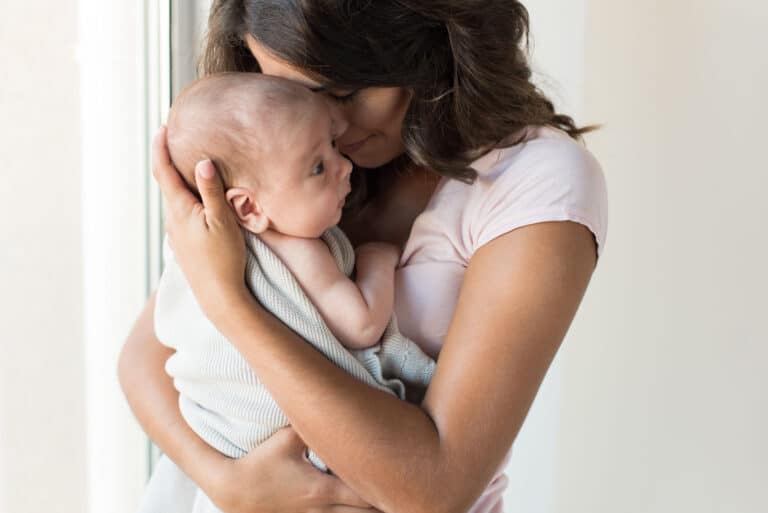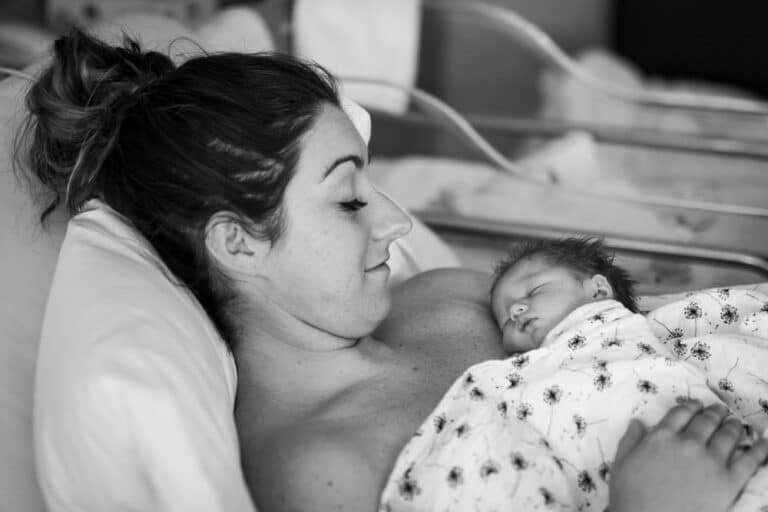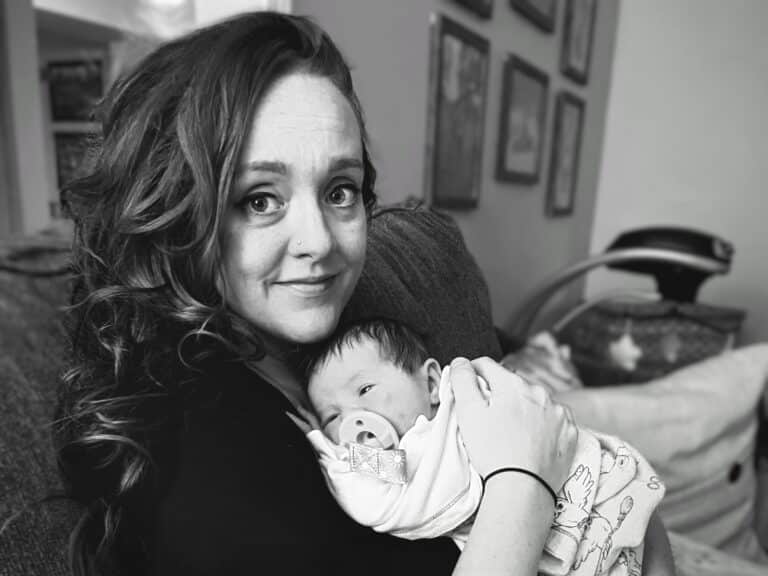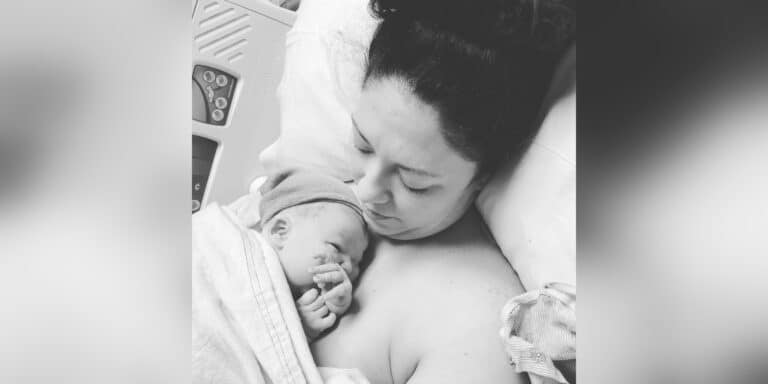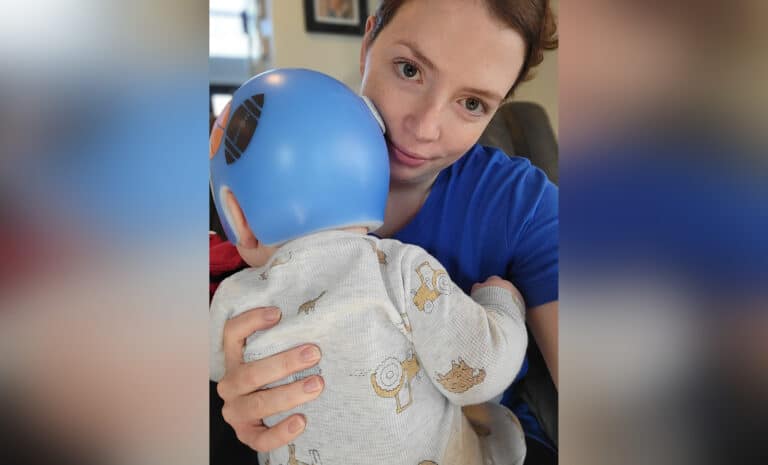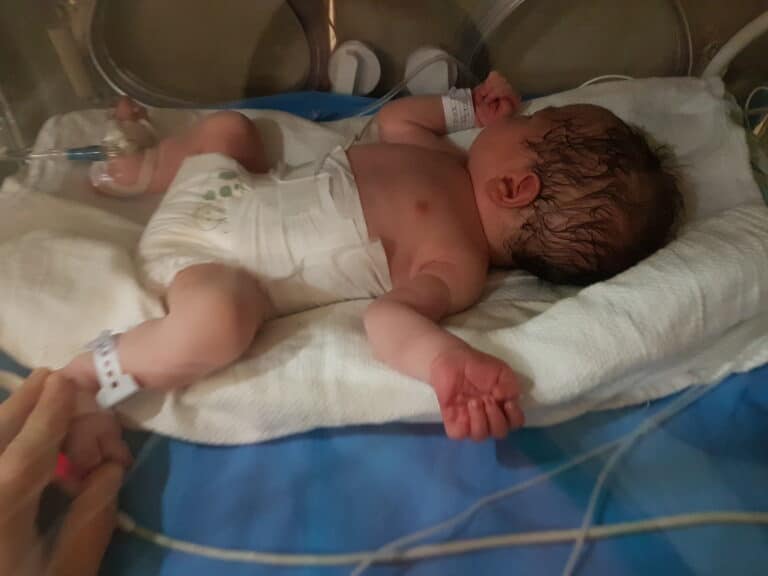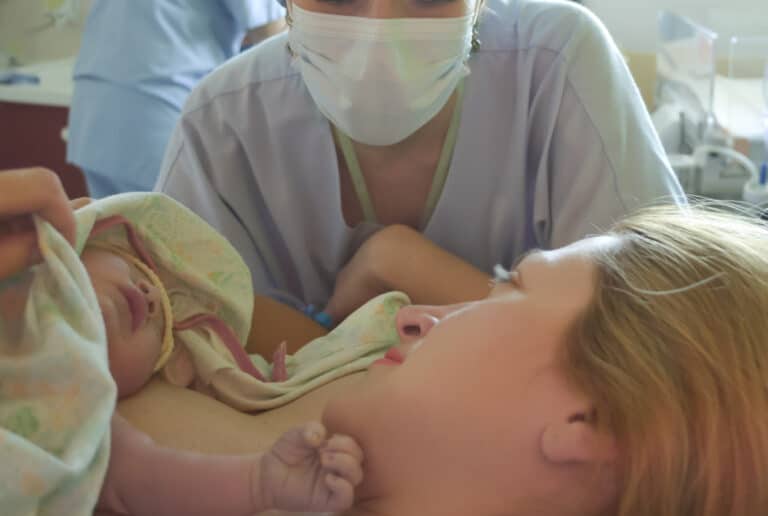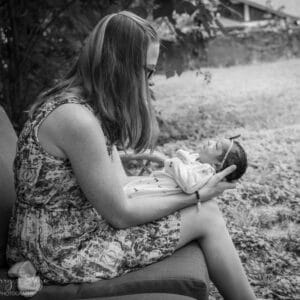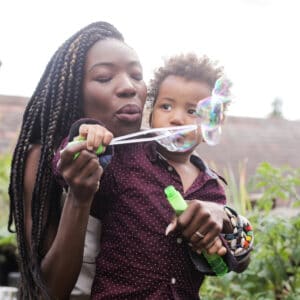Editor’s note: The following contains references to suicide.
“It was without a doubt love at first sight.”
It’s one of the first things Steven D’Achille said when asked about his wife, Alexis.
At a mutual friend’s party at a private residence in South Beach, in what he described as a “swanky” scene, Alexis showed up around midnight. According to Steven, everyone was already dressed up and mingling, but Alexis simply threw her bag in a room and joined the party without putting on extra makeup, or changing into a dress to match the rest of the party’s attire.
“She was just a no-fuss kind of person,” he said. “I still remember she walked in and she had these little pink heels on and jean shorts and a t-shirt that said Music Makes Me Lose Control. She had been traveling all day but she looked beautiful.”
An all-night conversation on the patio that night would eventually lead to a long distance relationship, with Alexis in New Jersey and Steven in Pittsburgh.
“All these weird things don’t make sense to people until you find love, and they finally make sense when you fall in love with somebody,” he said.
He described Alexis as being content, beautiful, level-headed, everyone’s “go-to” when you needed advice, and confident—a trait she proved in a phone call to Steven one day.
After she listed all of the qualities she brought to the table as a potential wife, Steven knew she was making it clear she wanted to get engaged. Steven said he was young and scared of getting married, but also knew he didn’t want to lose her. And after a spontaneous cruise with friends a couple of days later, he knew there wasn’t a doubt.
“I couldn’t live without her,” he said.
But that’s what Steven has done since 2013, when the confident, full-of-life woman who everyone leaned on when they needed help—ultimately took her own life.
If I Go Home, It’s Not Going To End Well
In August 2013, Steven and Alexis were excited to welcome a little girl. After a code-blue birth, Steven said Alexis was convinced the baby was damaged. They took the infant in for neurological testing, but even though doctors confirmed she was a heathy baby, he says Alexis couldn’t accept it and continued to worry.
In the days after they got home, Steven could tell the woman he knew and loved was no longer the same.
She started overthinking everything. Decision-making became impossible. She cried and had a difficult time bonding with the baby. She felt like the baby was good for Steven but not for her. She heard phantom baby cries. She pushed food around on her plate instead of eating. She started detaching from people she loved and worried that people would think she was going crazy.
And Steven wasn’t the only one who noticed the change; Alexis also knew something was wrong. She sought help, but struggled to be heard.
“She was begging to go in-patient somewhere,” he said, “but they were saying, No, you’re not crazy. You’re fine. You need to be home with your friends and your family.”
Still, Alexis persisted.
“She said, ‘I don’t know how to get out of my own head. If I go home it’s going to end bad,’” Steven said.
“Do you know how much courage it takes to say that to medical professionals and to people you love while holding your 5-week-old baby, and for people to say, You’re not really going to do that. You’re fine—? That is so disheartening and so unfair,” Steven said. “I don’t think that should be any women’s reality, especially a new mom. It takes a lot of courage to admit you’re struggling, and to be told repeatedly, No, you’re not really feeling like that, you’re fine, just go home—? No wonder it ended like this.”
Like this.
Steven discovered his wife—the love of his life, the confident woman, the mother of a newborn—lifeless in the basement of their home. He tried desperately to save her, performing CPR and calling 9-1-1. When EMTs arrived, they were able to get Alexis’s heart beating before rushing her to the hospital.
But Steven knew she wasn’t going to survive.
For two-and-a-half days, they kept her on life support so family and friends could say their goodbyes.
“It was two-and-a-half days of torture,” Steven said. “I couldn’t even talk I was so shaken up and distraught. I just wanted to get away from people.”
That’s when his childhood priest pulled him aside, and the course of Steven’s future would change.
An Electric Feeling
As Steven was talking to his priest, something seemed to change inside of him.
“This crazy, overwhelming calm came over me,” he recalled. “It was this moment of clarity that I can’t even explain. It was the calmest and clearest I’ve ever been in my life.”
Not wanting the feeling to end, Steven finished his conversation with the priest and went down the hall to a bathroom, locking himself inside.
“I still had almost like an electric feeling like the hair on my arms was standing up—an epiphany, kind of—and I sat on that bathroom floor and mapped out the whole foundation.”
It was behind that locked door, on a hospital bathroom floor, that the Alexis Joy D’Achille Foundation for Postpartum Depression was born.
He knew he had to build a place for moms, babies, and families so people didn’t have to go through what Alexis—and those who loved her—did.
He decided there would be a black tie gala on her birthday every year to celebrate her, because she loved getting dressed up and having her friends and family around.
In the midst of the unthinkable grief of losing his wife, Steven committed to honoring Alexis, and made sure those plans made it out of the hospital bathroom that day.
Alexis Joy D’Achille Center for Perinatal Mental Health
On December 17, 2018, in partnership with the Alexis Joy Foundation, the Allegheny Health Network and Highmark Health, The Alexis Joy D’Achille Center for Perinatal Mental Health at West Penn Hospital in Pittsburgh, PA opened its doors. The innovative new facility offers women with pregnancy-related depression access to a spectrum of family-focused care options under one roof.
Steven and his daughter were there for the ribbon-cutting ceremony.
“She’s really, really proud of it,” Steven said of his young daughter. “She knows there’s this facility because of her mom. She’s our biggest little advocate.”
Walking through the doors of the 7,300-square-foot facility, it’s obvious that mothers are at the heart of not only its design, but its mission.
Dr. Sarah Homitsky, MD, an AHN psychiatrist and the Center’s Medical Director, explained how their program helps women.
“Our Intensive Outpatient Program (IOP) is for women who are pregnant and postpartum but suffering with more severe illness. Everyone in here is moderate to moderate-to-severe depression, anxiety or bipolar,” she said.
Dr. Homitsky says on average, women are in group-setting, outpatient treatment for 4-6 weeks, for three days a week, three hours each day. She says many of the women say they enjoy the frequent sessions because it gets them out of the house, and the peer relationships within the group also help them realize they’re not alone.

“When a woman is depressed or anxious for a variety of reasons, she’s what we would say unintentionally disengaged,” Homitsky explained. “What might be very distressing for us—like a baby on a floor crying—doesn’t get the same response.”
The center offers a variety of programming, like mom+baby yoga, and an on-site kitchen where families can learn how to cook together—something that was especially important to Steven not just for the mothers, but also for fathers to learn a practical skill that could help ease the load for their partners.
“It’s one less thing that mom has to worry about,” he said.
The center also treats women who struggle with infertility or have lost babies. The facility’s thoughtful design ensures those women do not have to walk by postpartum women and their babies in treatment. In addition, the art on the walls is all created by women, and the center has wipes, diapers, feeding areas, and changing stations to make sure every woman has what she needs.
Dr. Homitsky says for the medical professionals caring for mothers, the center represents another tool in comprehensive prenatal and postpartum treatment.
“Now that we exist and the obstetricians have seen us managing certain cases, we have a really nice trust,” she said. “So it’s an improvement in screening, an improvement in identification and then an improvement in engagement and services that we’ve seen over the last three years, which is all helping.”
Through the health system’s technology and screening process, when doctors submit a woman’s information electronically, it goes to an inbox at the center where a triage team can review it and make contact within 48 hours. Patients also get an appointment within two weeks, a rapid timeframe Dr. Homitsky calls “mind-blowing” in the world of psychiatry.
One Of Many Lives Impacted
After having her fourth child, Tishla Jones says she developed a very bad case of postpartum depression.
“I was kind of distant from everybody,” she admitted. “I didn’t want to have anything to do with the kids, I wouldn’t go outside, I wasn’t very social. I wanted to sit at home and not be bothered.”
When she knew she needed help, she reached out to her doctor who told her about the Alexis Joy D’Achille Center for Perinatal Health. They called her within 24-48 hours, and after interviewing her, determined she’d benefit from the program. She opted for group therapy over one-on-one therapy—but still, she had reservations.
“Being an African-American woman, growing up we were always told, ‘You don’t let everyone in your business. You deal with it, and you’ll get through it,’” she said.
But she knew she needed to try something to help herself, and after several weeks in the program, she was glad she did. “When I left, I felt so much better. I was able to say you know what, there are other moms dealing with this,” she said. “I loved to learn from them, and they may have learned something from me. I felt the love. I felt like if I can overcome this, I can do anything.”
And it wasn’t just Tishla who benefitted from the program—her kids did, too.
When she was struggling with postpartum depression, her oldest son in particular started asking questions; Tishla says she’s open with her kids and told them she was going to therapy, and even shared techniques with them.
One day while the family was on vacation, her son got upset with his sister and, feeling frustrated, came to Tishla and asked, “Can you teach me that mindfulness?” She showed him how to open mindfulness sessions on his tablet, and now that he has first-hand understanding of its benefit, he often reminds his mom when she needs to practice it herself.
“Now when he sees that I kinda need to regroup or something, he’ll be like ‘Mom, you need to do mindfulness,’” she said.
Tishla said she’s grateful for her time at the Center—and she’s especially grateful to Steven.
“Its phenomenal, especially for him to be a man and say, ‘This happened to my wife, and I want everyone to be able to benefit and not have to go through what my wife had to deal with and what I’m ultimately dealing with now.’ He’s a strong guy, and he’s beautiful inside and out,” she said. “He’s doing a wonderful job with his daughter, and I’m happy to be a part of the center he helped bring about and I’ve been able to benefit from.”
I’m Not Mad At Her
Steven is often asked if he’s mad at Alexis for doing what she did. His answer is reflective of the tone he uses whenever he talks of his wife: full of love.
“I’m not mad at her because I know how hard she fought. I know how much she reached out for help,” he said.
He also has a message for anyone who might be struggling.
“There’s never a situation where any family or husband or child is better off without you. She thought she was going to be this huge burden on us forever; there’s never a situation where anybody is better off without you.”
Even though Alexis is no longer physically here, Steven says he still feels her with him every day.
“The foundation work that I do for her and for my daughter, too—she guides me through this,” he said. “It kind of connects us. Even though she’s not there every morning while I’m eating breakfast, I still get up every day and she still forces me to be the best version of me that I can be.”
And Steven takes comfort in the idea that one day, even his own daughter could benefit from this labor of love. “What’s going to happen in my head when my daughter says she’s pregnant? I have to do everything I can possibly do in my power to make sure that she has all the resources available to her so she doesn’t have to go through what her mom went through.”
“I would do anything to have Alexis back,” he continued. “But it makes me feel so proud and so blessed that this all was not for nothing. Treating maternal mental health issues is not just treating the mom, it’s treating families. The center is not just giving moms what they deserve, it’s giving families what they deserve. It’s giving children the opportunity to grow up in a household with a mom and a dad. It’s giving other siblings a chance to get the mom they know back. It’s giving grandparents their daughters back.”
And Steven believes what’s being done in Pittsburgh shouldn’t be a novelty.
“There’s no reason centers like this shouldn’t be accessible to women everywhere. I don’t think Pittsburgh is the exception to the rule; I know that these centers can be anywhere.”
Steven hopes the work he’s doing is inspiring others to do good, and that by sharing Alexis’s story he’s helping raise awareness about PPD and combatting the stigma that mental health has a certain “look”. Ultimately, his mission is providing women the resources his wife desperately needed.
“You think about the 3,000 women who have gone through [the center], and then you think about their children and their husbands and their parents and all the people who are affected by this, it’s hundreds of thousands of people Alexis’s life has already touched,” Steven said.
“I think because of this facility, she lives on forever—and that makes me happy.”

If you liked this, you'll love our book, SO GOD MADE A MOTHER available now!
Order NowCheck out our new Keepsake Companion Journal that pairs with our So God Made a Mother book!
Order Now

